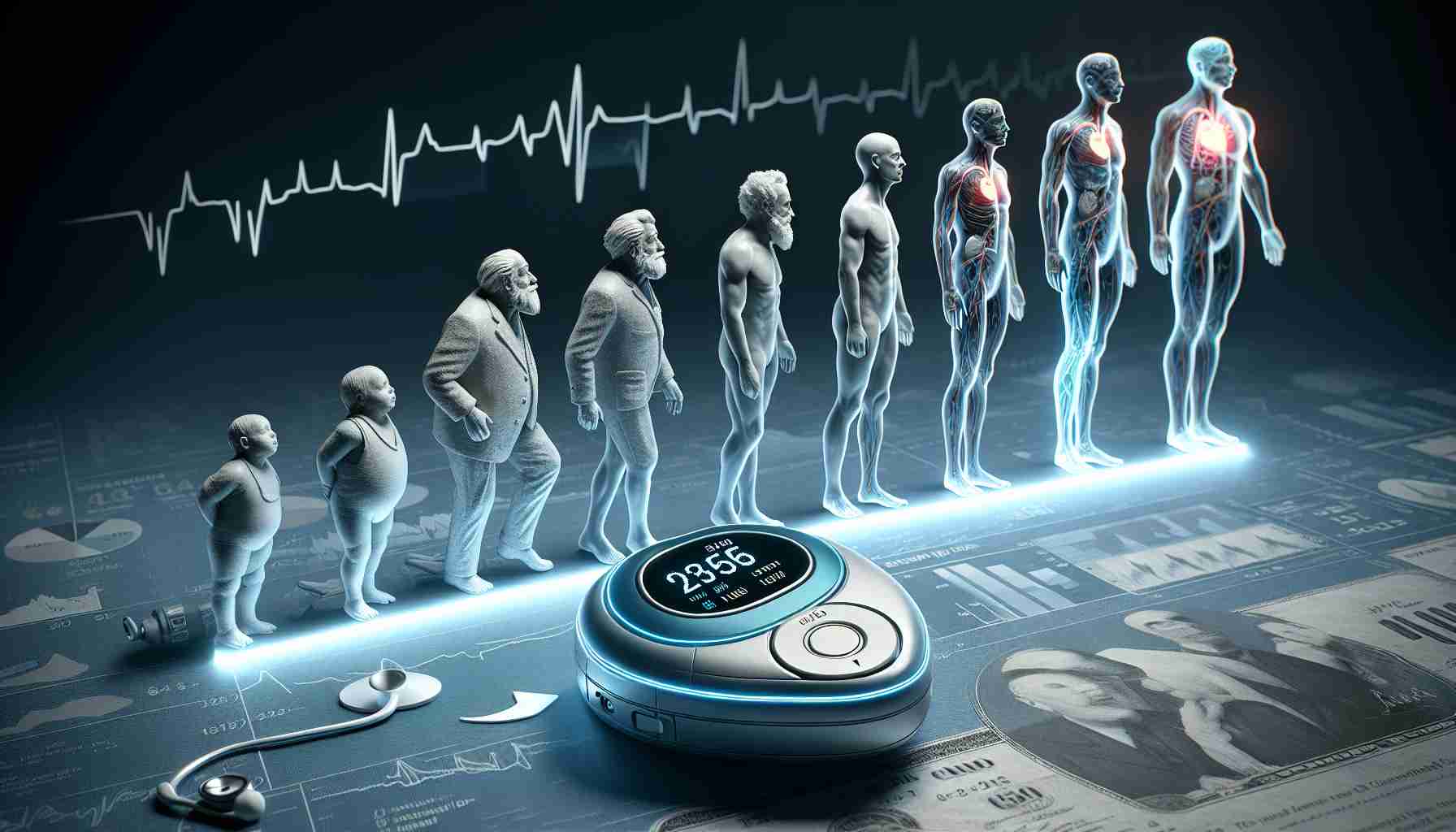The future of heart healthcare is upon us, with the integration of artificial intelligence (AI) and remote monitoring transforming the management of cardiovascular diseases. Statistics point to an upward trend in pacemaker implantations, with 1.5 million individuals receiving them globally in 2022, and a projection that this number will surge to 2.5 million by 2033. Pioneering this revolution are the advanced smart pacemakers, which offer nuanced heart rate control and detailed health tracking.
Smart pacemakers offer personalized heart care, distinguishing themselves from traditional counterparts by their ability to respond to a user’s bodily changes and providing health data to clinicians remotely. Embedded sensors in these devices detect physical activity and stress to fine-tune cardiac pacing in real time. Consequently, heart function is optimized, replicating the heart’s natural rhythm with greater fidelity.
The last decade has seen a wave of innovation in pacemaker technology. Leadless pacemakers, which diminish the risk of complications, emerged as a key development. Introduced in 2016, the Micra leadless pacemaker represents a leap in the field, boosting battery lifespan by 40% and obviating the need for chest incisions during implantation. In 2023, the FDA advanced this technology by approving the first dual-chamber leadless pacemaker, which, roughly the size of an AAA battery, operates wirelessly and without leads.
Collaborative efforts from the CResPace project have yielded a smart pacemaker employing artificial neural networks for an improved physiological response. Meanwhile, researchers at Northwestern University in Illinois have developed a dissolvable pacemaker, paving the way for innovations in post-operative recovery and hospital care reduction.
As miniaturization advances, manufacturers are outsourcing crucial components like medical wires, which transmit critical patient data. Companies like Alleima are at the forefront, providing high-quality materials and components essential for the evolution of pacemaker technology.
Key Challenges and Controversies in Smart Pacemaker Evolution:
– Security and Privacy: With an increase in remote monitoring and data transmission, the risk of cyberattacks is a significant concern. Ensuring that these devices are protected against hacking is crucial to safeguard patient privacy and the functionality of the device.
– Cost and Accessibility: Smart pacemakers and advanced cardiac care tend to be more expensive. This raises questions about their accessibility, and whether only patients in wealthier regions will benefit from the technological advancements.
– Technological Reliability: As with any technologically sophisticated device, there are concerns about their reliability and long-term performance. Ensuring that these devices remain reliable over time is essential for patient safety.
– Regulation and Approval: Regulatory agencies must balance the need for thorough evaluation of new technologies with the need to make life-saving advancements available to patients. There can be challenges and delays associated with getting these devices approved.
Advantages of Smart Pacemakers:
– Continuous Monitoring: They offer real-time monitoring of heart activity, which can lead to early detection of potential problems and an improved understanding of patient health.
– Dynamic Response: The ability of these devices to adjust pacing in response to the patient’s activity level can increase comfort and overall cardiac efficiency.
– Reduced Medical Interventions: Minimally invasive technology and remote health data reporting can decrease the frequency of hospital visits and associated healthcare costs.
– Better Clinical Outcomes: Smart pacemakers are designed to provide better therapeutic outcomes through more natural heart rhythm management.
Disadvantages of Smart Pacemakers:
– Dependency on Technology: Patients become reliant on sophisticated electronics, which carry a risk of malfunction or obsolescence.
– Complexity: The complexity of these devices may require specialized knowledge for troubleshooting and maintenance, which could be a barrier in certain healthcare settings.
– Limited Battery Life: Despite advancements in battery technology, the need for replacement surgery once the battery depletes remains a drawback.
Suggested Related Links:
– Alleima
– FDA
It’s important to have a reliable source for the evolution and regulation of medical devices, as well as material suppliers that meet the stringent standards for medical devices. Hence, for general information on the FDA’s regulatory framework, visit the FDA website. For materials and components crucial to developing medical technology such as pacemakers, Alleima can provide relevant insights into how these advancements shape cardiac care.
The source of the article is from the blog foodnext.nl
